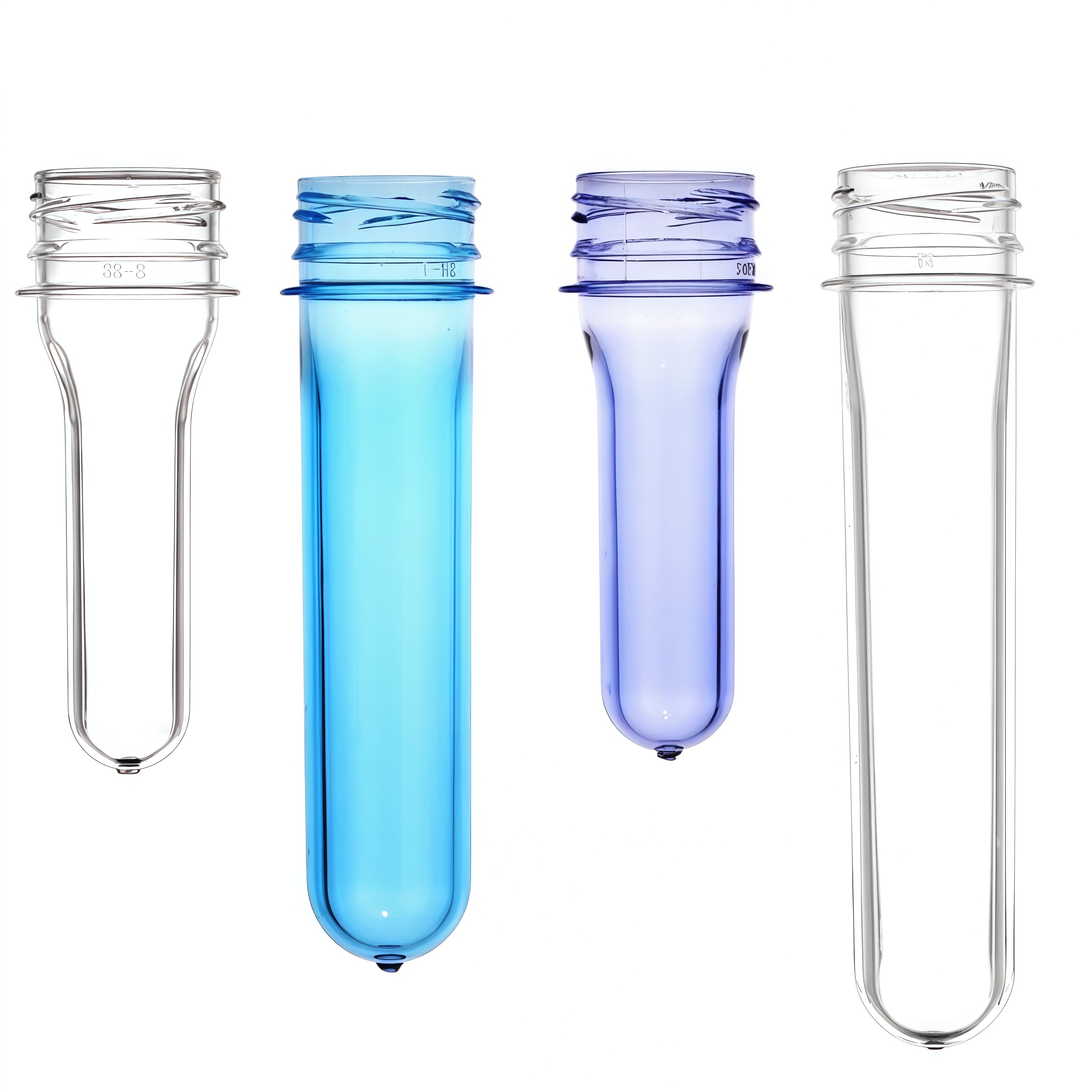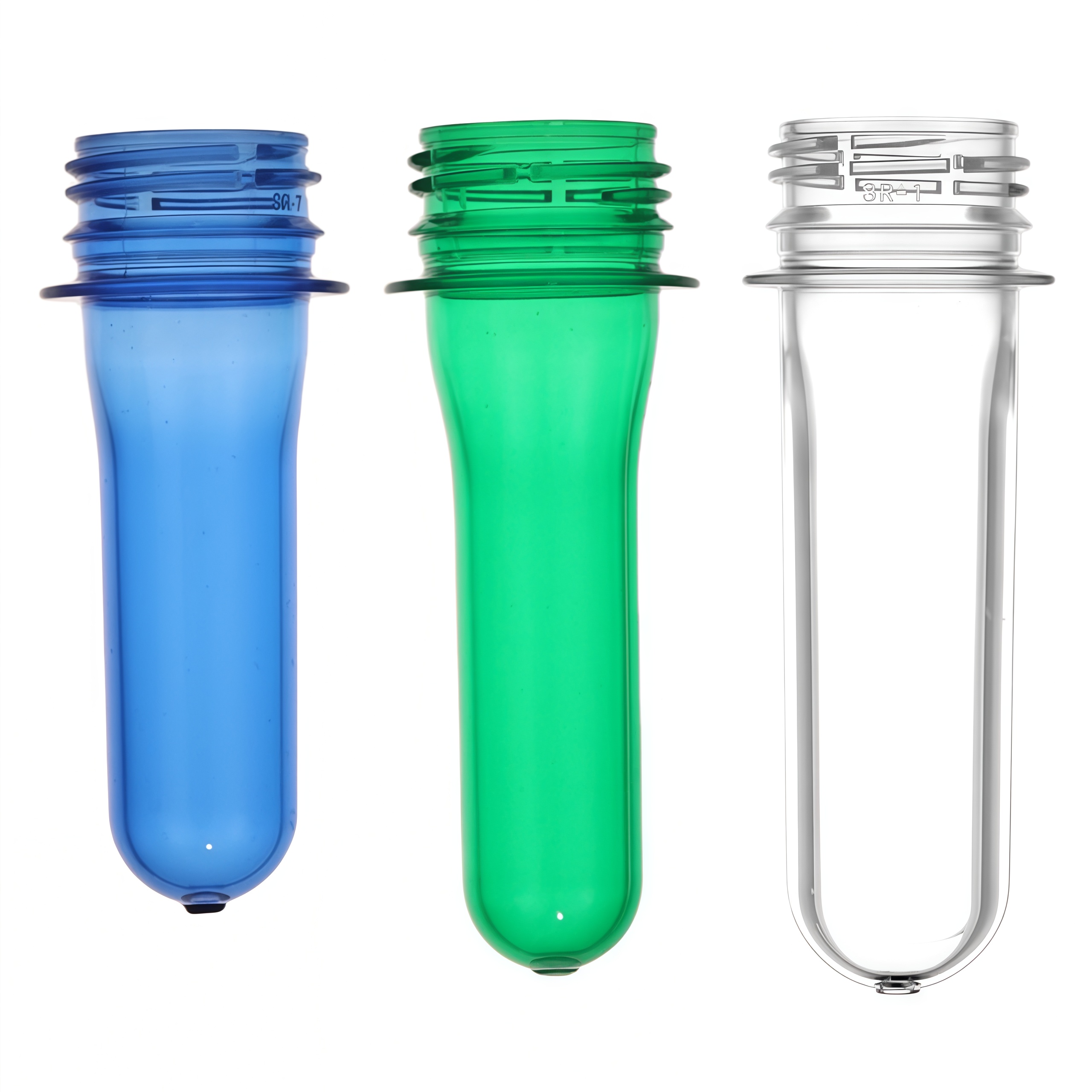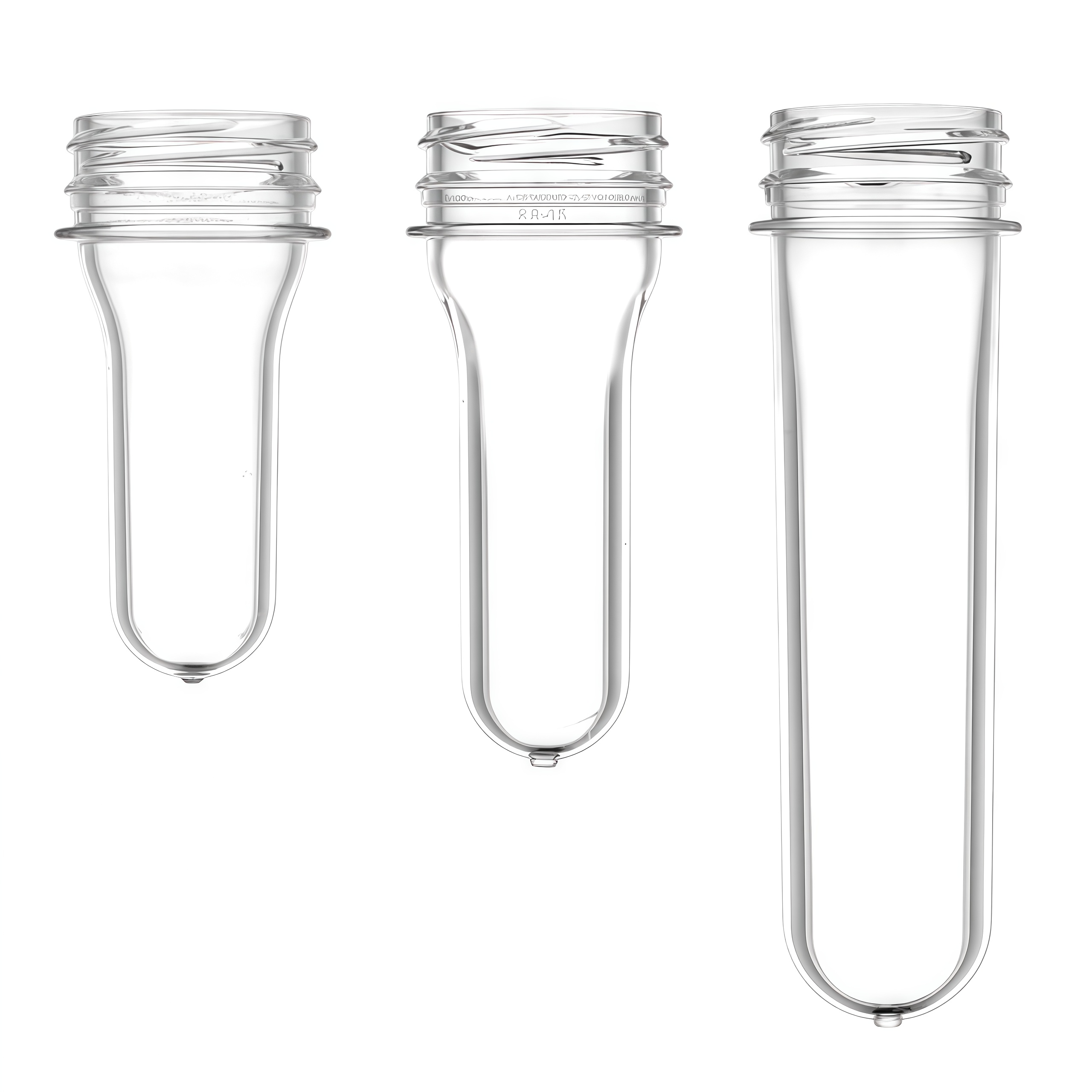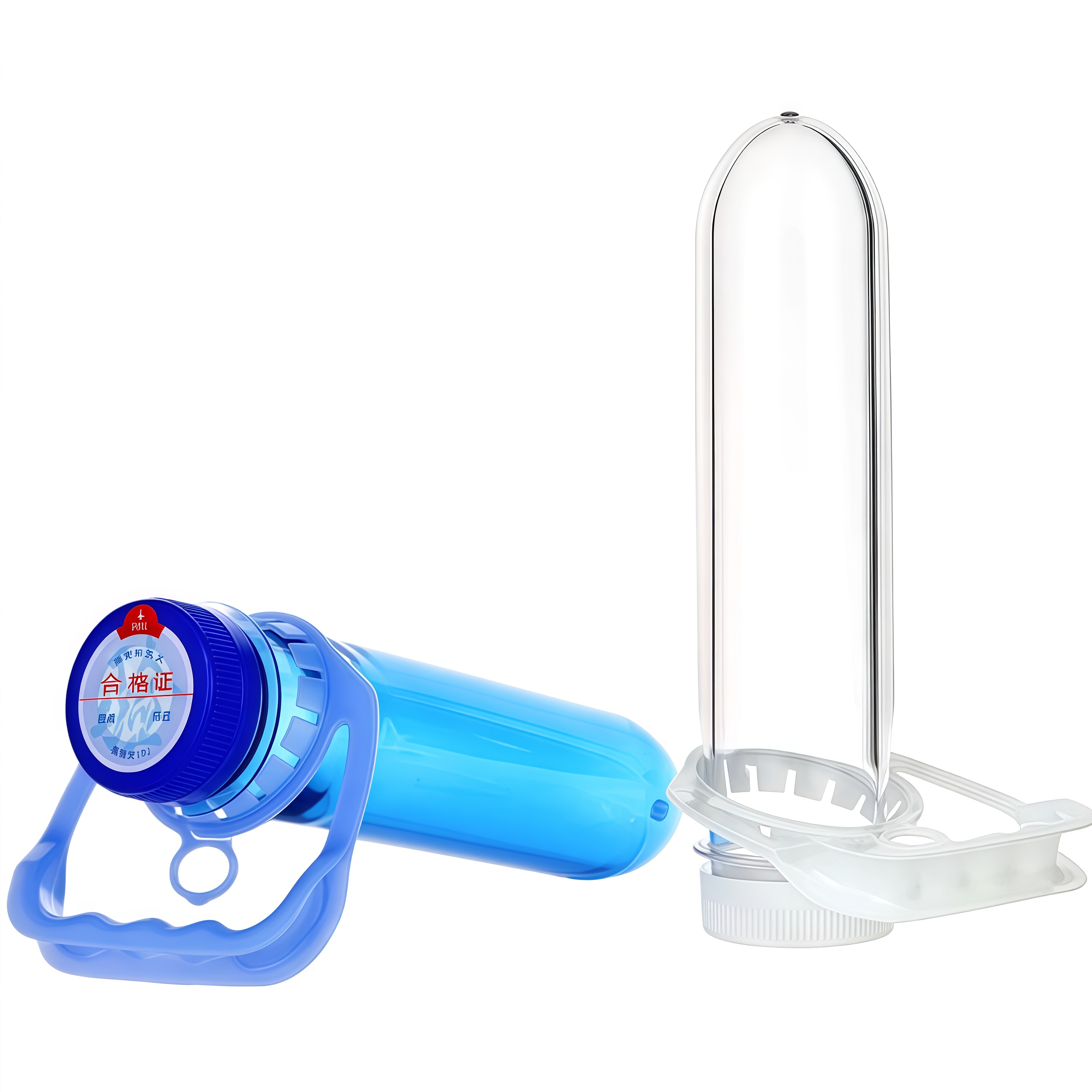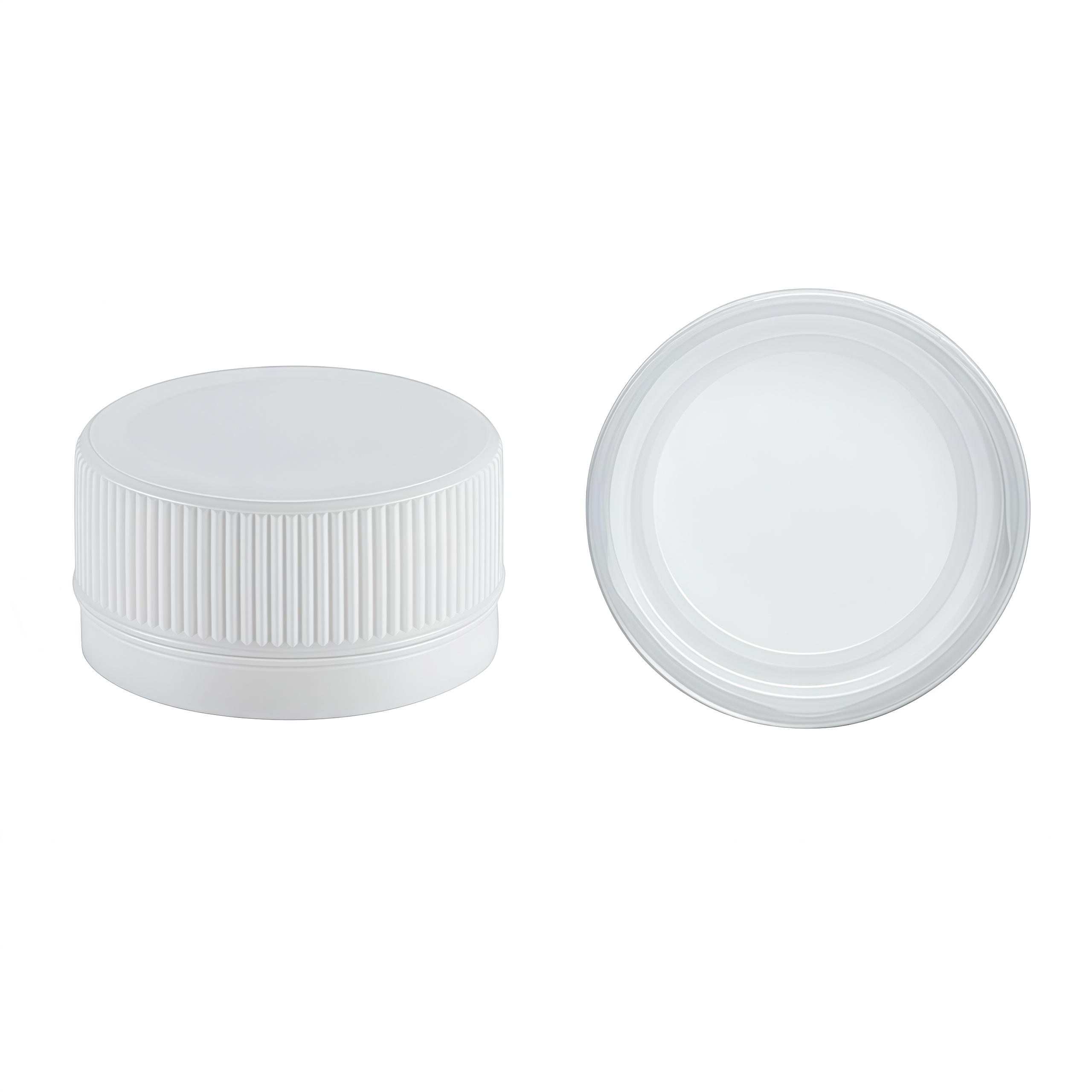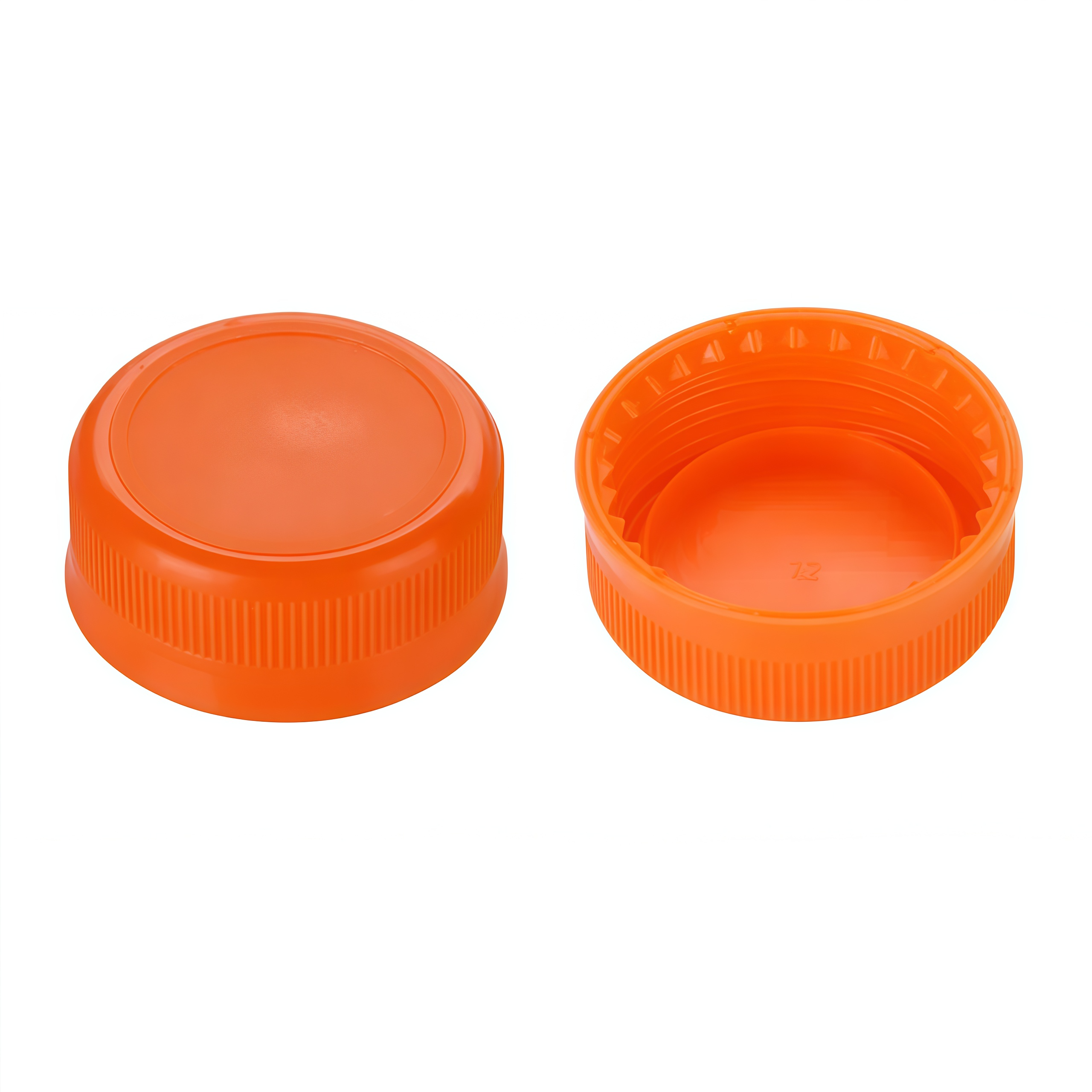Enhancing Recyclability and Supporting the Circular Economy with 28mm PET Preform Solutions
As sustainability becomes a critical focus across the packaging industry, PET preforms, especially the widely used 28mm variants, have taken center stage in driving circular economy practices. Among these, PCO 1810 PET Preforms and the lighter-weight PCO 1881 PET Preforms have emerged not just as packaging components but as enablers of long-term recyclability goals. Their standardized neck finishes and material consistency contribute significantly to making the recycling stream more efficient and less contaminated—something regulators, brand owners, and environmentally conscious consumers are paying close attention to.
One of the most overlooked advantages of using standardized PCO neck finishes is their compatibility with global recycling infrastructure. The PCO 1810 format, for instance, offers robust performance while maintaining full recyclability due to its uniform PET composition and clear separation from closures, which are typically made from HDPE or PP. Meanwhile, the PCO 1881 variant is designed to reduce overall material weight, contributing to resource savings without sacrificing bottle integrity. This lighter design lowers energy consumption during both preform production and transportation, aligning well with carbon footprint reduction strategies.
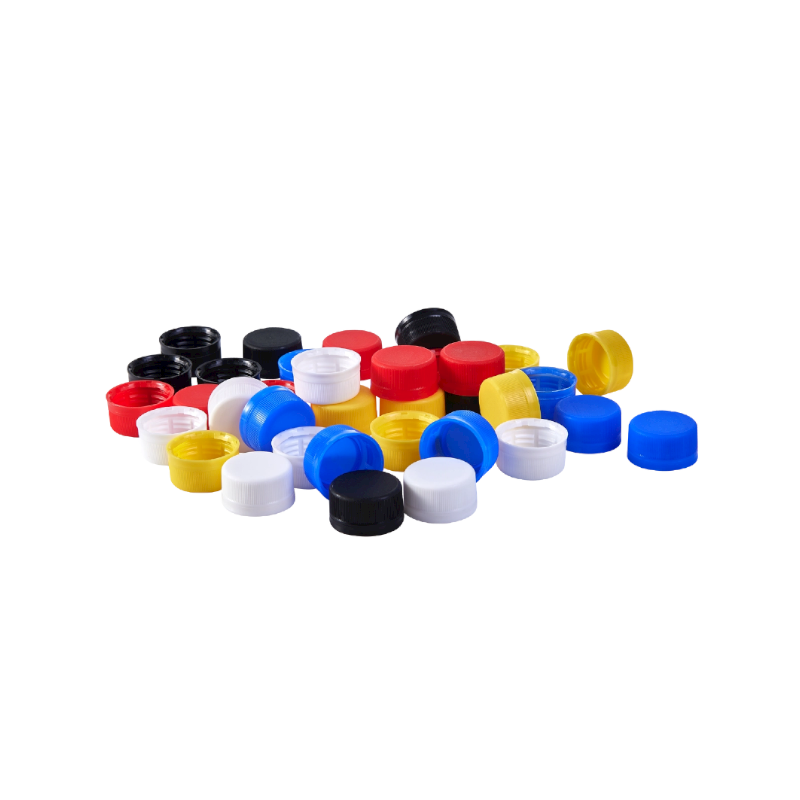
From a manufacturer’s perspective, this means more than just meeting compliance standards—it’s about building a product that supports downstream recycling efficiency. The recyclability of PET preforms doesn't only rely on material type; it also depends on factors like color clarity, absence of additives, and easy sorting. Clear PCO 28mm preforms are among the most easily accepted by automated recycling systems due to their high detection rate and compatibility with established processes. By providing preforms that meet these criteria, we’re helping brands close the loop and contribute to a more circular packaging lifecycle.
Incorporating recycled PET, or rPET, into new PCO preforms is another area where progress is being made, though it comes with challenges. Maintaining food-grade safety, ensuring process stability, and controlling aesthetics like color shift require significant technical know-how. We have developed experience in optimizing preform molding to accommodate high percentages of rPET, offering our partners a pathway to increase recycled content while ensuring high production yields. Both the PCO 1810 and 1881 designs are suitable platforms for rPET applications, especially in non-carbonated beverage segments where clarity and strength remain essential.
Design also plays a role in post-consumer recyclability. For example, the PCO 1881 neck’s shorter thread and smaller overall profile reduce the use of raw materials at scale. Over millions of units, this results in significant resource savings—without disrupting filling line performance or closure compatibility. These optimizations may seem minor individually, but they add up quickly and have measurable impact on sustainability goals across the supply chain. That’s why thoughtful preform design is more than a manufacturing detail—it’s a strategic advantage.
We believe that choosing the right preform isn’t just about technical specifications; it’s about aligning with long-term environmental and economic goals. Whether you're sourcing PCO 1810 PET Preforms for their established performance or adopting PCO 1881 PET preforms for improved material efficiency, both offer excellent recyclability and circular economy potential. And as a committed supplier, we’re proud to support our partners with technically sound, scalable, and environmentally responsible preform solutions.
By integrating sustainability with technical performance, 28mm PET preforms are not just packaging—they’re part of the solution. Let’s work together to deliver value not only to your operations but to the planet, one preform at a time.



 English
English